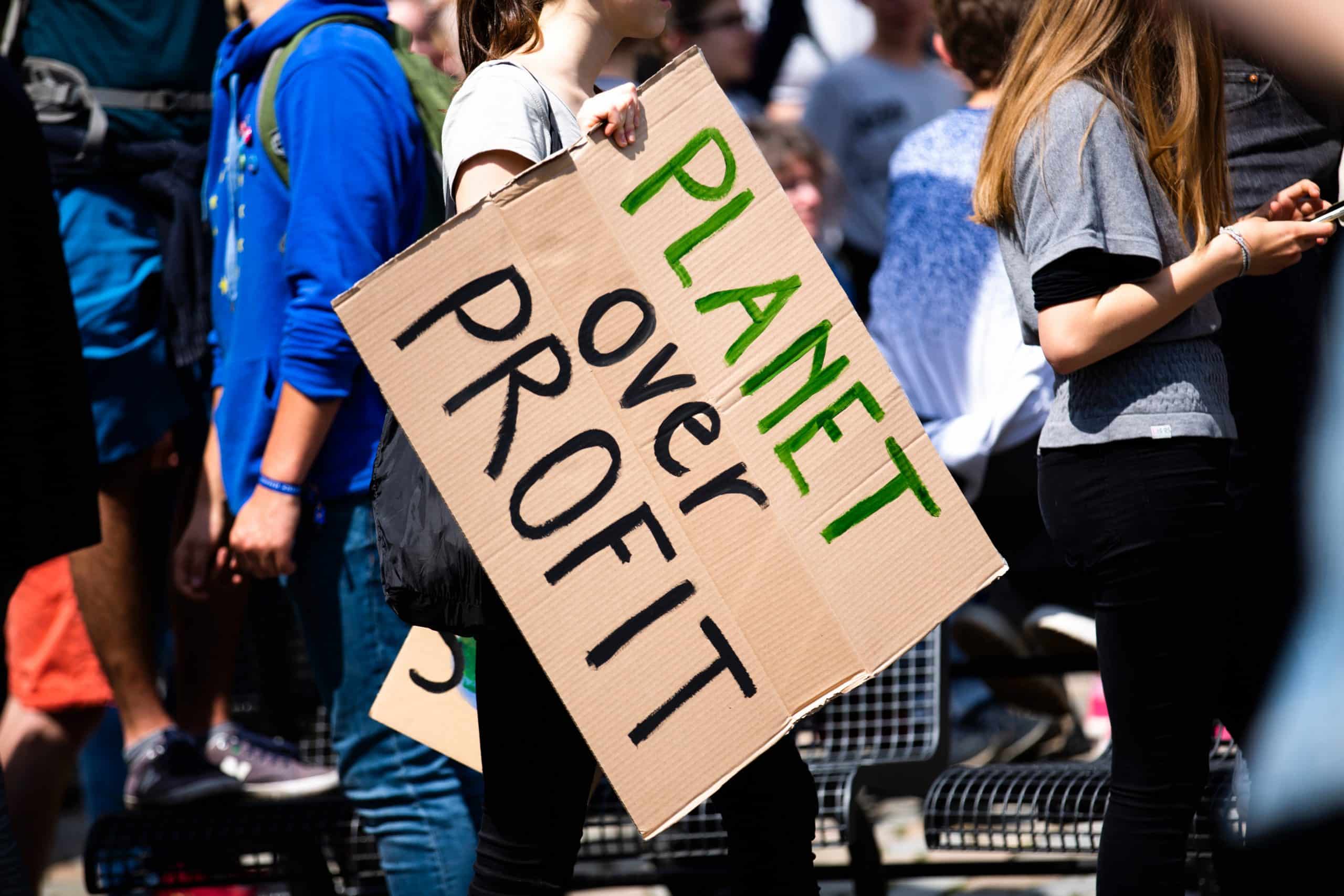THERE’S little doubt that investors are clear on the story behind investing for good – known as ESG investing. This broadly means taking into consideration a company’s approach to environmental, social and governance matters (ESG) when deciding where to invest savings.
The COP26 summit has highlighted the role that public and private investment can play in achieving net zero and has raised the profile of investing with an ESG mindset.
Investors are already ploughing record amounts into such funds. According to the Investment Association, savers poured £1.6bn into so-called responsible funds in September – two thirds of total fund inflows.
Yet a study from the Association of Investment Companies (AIC) this week revealed that investing for good remains low on the list of priorities for most investors. Although nearly two-thirds (65%) say they consider ESG when choosing investments, most still prioritise other factors.
All things considered
When choosing an investment, the most important consideration was an investment’s performance record, followed by fees and charges, the fund manager’s reputation, and the asset management company’s reputation. Last on the list was the investment’s ESG credentials.
A 59-year-old female investor admitted: “In my personal life I do give consideration to these things. I drive an electric car, I have a plant-based diet, I definitely have quite strong feelings about that – but hand on heart when it has come to my investments, the first thing I would look at is returns.”
Although the average investor is not primarily motivated by ESG, a significant minority of respondents (26%) rate ESG as their most important or joint most important concern when investing. Of these ESG-motivated investors, about half (53%) are over 45. ESG is more important to women than men, and more important to investors under 45 than those over 45.
A separate report shows more younger people have responsible investing higher up on their list of priorities than older people. According to the latest Hargreaves Lansdown study, 44% of 18-34 year-olds say investing in responsible companies is more important than making as much money as possible.
And 27% of over 55s say investing in responsible companies is more important than making as much money as possible. A fifth (21%) of those who didn’t pick responsible investments said it was just too much effort to research and switch investments.
You can have it all
One important sticking point is that investors are still worried about just how much return greener investments will offer. The experts would say you can have it both ways, arguing that sustainable approach makes good business sense, and therefore good investment sense. In other words, responsible investors can have the returns and the ethics.
Yet more than a quarter of those surveyed by Hargreaves Lansdown who didn’t pick responsible investments as being more important (27%) said it was because they wouldn’t make as much money with those investments, another 22% said it just wasn’t a priority and 21% said it was just too much effort to research and switch investments.
Susannah Streeter, senior investment and markets analyst at Hargreaves Lansdown, said, ‘There is still a challenge ahead about educating investors that investing with environmental, social and governance issues in mind is about doing the long-term profitable thing. It’s increasingly evident that if there was a clearer set of criteria on sustainability, investors may feel more confident about putting money where their ethics are.’
The top ESG funds bought in 2021 so far by Hargreaves Lansdown investors include Aegon Ethical Equity, BNY Mellon Sustainable Real Return, Fundsmith Sustainable Energy, Liontrust SF Growth and Ninety One Global Environment.
Use our investment platform calculator to find the best platform for your ethical investments.
Photo by Markus Spiske on Unsplash

